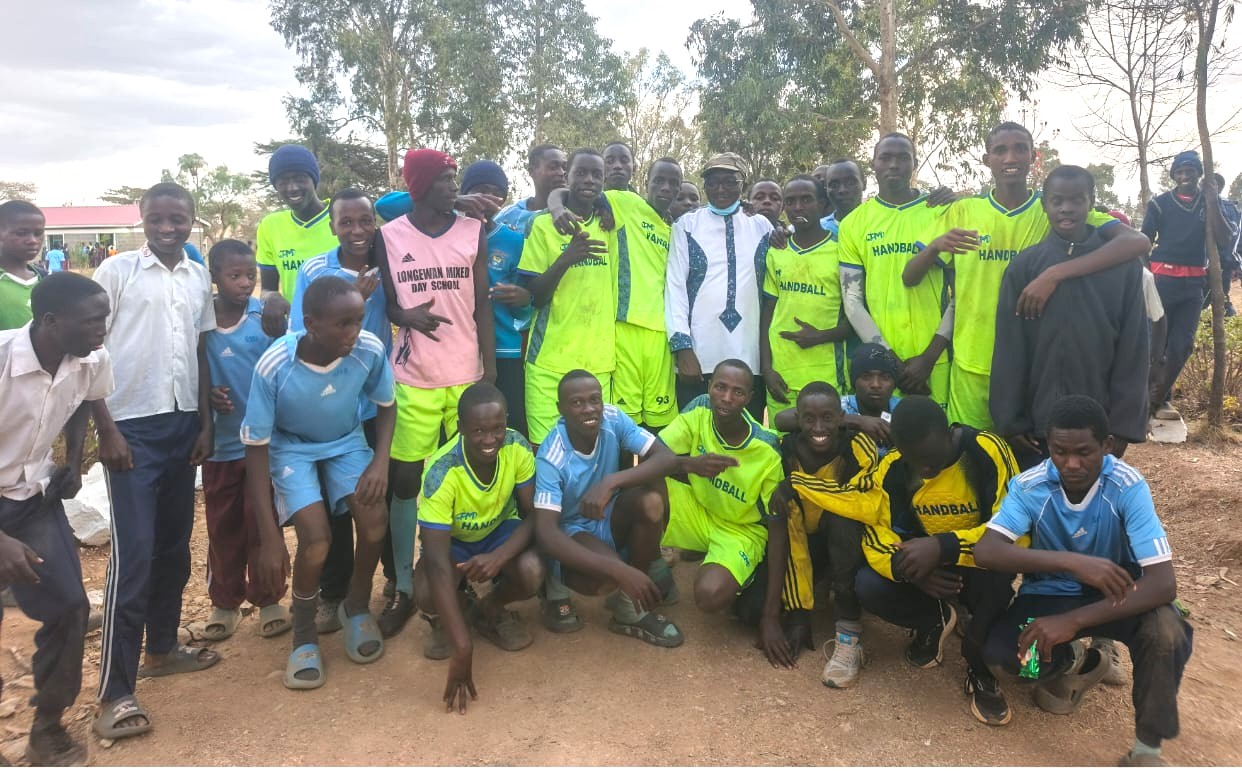Engines roar, dust swirls, and voices pierce the morning air. On every busy bodaboda stage, teenagers race past their childhood, juggling speed, money, and risk. Three out of every ten riders are school-going learners or exam candidates, unknowingly exposing themselves to danger, crude street talk, and lessons life never intended for their age. What looks like a quick way to earn a few shillings is, for many, the silent theft of their innocence, their discipline, and their future.
The boda boda industry often appears lively and harmless, but behind the energy lies a growing concern that many communities overlook. It is now common to find young people, some still in school and others waiting for their exam results, deeply involved in the trade. The stage becomes their second home, yet it is a home without rules, without filters, and without the protection that young minds quietly crave.
A stage on a busy morning feels like a world unto itself. Engines roar, dust rises, riders rush from one corner to another, and loud voices fill the air. Sheng is everywhere—vibrant, funny, unrestrained—blending with teasing and banter that can easily turn vulgar. A young woman passes by and one rider calls out, “Alaa msupa! Come I drop you fastafasta before wasee start making stories!” He laughs as if he has delivered the joke of the day, unaware of how intrusive it sounds.
His colleague shakes his head and reminds him to calm down, insisting that not every customer welcomes such language and that respect ought to guide their interactions. Still, this mix of jokes, coded insults, and crude remarks flows freely: words like “usilete fujo,” “hapa hatubebi stress,” and the occasional censored slur slip through as part of the normal rhythm of the stage.
A schoolgirl who has just alighted interrupts the chatter with surprising confidence. She says that while humour is acceptable, sometimes the way riders talk goes too far because not everyone relates to the street vibe. Her words momentarily soften the rowdy atmosphere. One rider, known for his loud jokes, nods thoughtfully and admits that at times they get carried away with mtaa talk and forget that customers—especially children—expect dignity.
Another adds that even comments describing local women as “softi” are unnecessary because they carry meanings some people do not want to hear. It becomes evident that language here is not just a means of communication; it is a tool that shapes behaviour, defines identity, and influences the mindset of the young riders who listen to it every day.
For the teenagers working at these stages, the impact is profound. They absorb everything around them—the tone, the jokes, the arrogance, the coded insults, the flirtatious remarks—and it slowly reshapes who they are. The respectfulness taught at home and in school competes with a street culture that rewards boldness, speed, and recklessness. Many young riders start taking risks simply to fit in: overspeeding, riding without helmets, or showing off to prove themselves.
The quick money also creates an illusion that education is slow and unnecessary, tempting them to choose the thrill of daily earnings over long-term growth. Fatigue from long hours on the road begins to erode their academic drive, and the hardness they learn from the stage spills into how they speak to teachers, parents, and peers.
Their vulnerability extends beyond behaviour. Teenagers lack negotiation skills and are easily manipulated. Some adults encourage them to take dangerous rides late at night or lure them into exploitative deals. The stage becomes a breeding ground for peer pressure, shifting priorities, and moral erosion. What begins as a holiday job soon traps them in a cycle of dependence, cutting short dreams they once held with innocence.
Publishers must be fair to private school parents, not exploit them
Their vulnerability extends beyond behaviour. Teenagers lack negotiation skills and are easily manipulated. Some adults encourage them to take dangerous rides late at night or lure them into exploitative deals. The stage becomes a breeding ground for peer pressure, shifting priorities, and moral erosion. What begins as a holiday job soon traps them in a cycle of dependence, cutting short dreams they once held with innocence.
Yet the situation is not irreversible. Communities can shape safer experiences for their youth. Stage leaders can enforce rules that maintain decency, regulate working hours, and discourage underage riders. Parents can guide their children firmly, ensuring that school responsibilities come before money and street excitement.
Training, mentorship, and workshops on safety and etiquette can transform the culture of stages from rough playgrounds to organised workplaces. Even schools and religious institutions can offer mentorship to learners tempted to abandon their long-term paths.
The young woman’s words linger long after she leaves the stage, a reminder that respect is more than a courtesy—it is a shield, a tool, and a compass. A stage, noisy as it is, can either build character or erode it, depending on the choices made by those who occupy it. Clean language, discipline, and guidance are not restrictions; they are the foundations upon which a future can be secured.
The young riders standing between childhood and adulthood are not just making money—they are shaping their identity, learning what the world rewards, and deciding who they will become. Communities, parents, and leaders hold the power to ensure that these lessons are ones of dignity, not recklessness.
For every learner at a stage, every Sheng-filled joke, every risk taken at speed, there is a choice: a chance to protect innocence, nurture ambition, and preserve the promise of tomorrow. Respect, responsibility, and care must lead the way, because the engines will always roar, the dust will always rise, but a child’s future cannot afford to be left to chance.
By Hillary Muhalya
You can also follow our social media pages on Twitter: Education News KE and Facebook: Education News Newspaper for timely updates.
>>> Click here to stay up-to-date with trending regional stories
>>> Click here to read more informed opinions on the country’s education landscape






